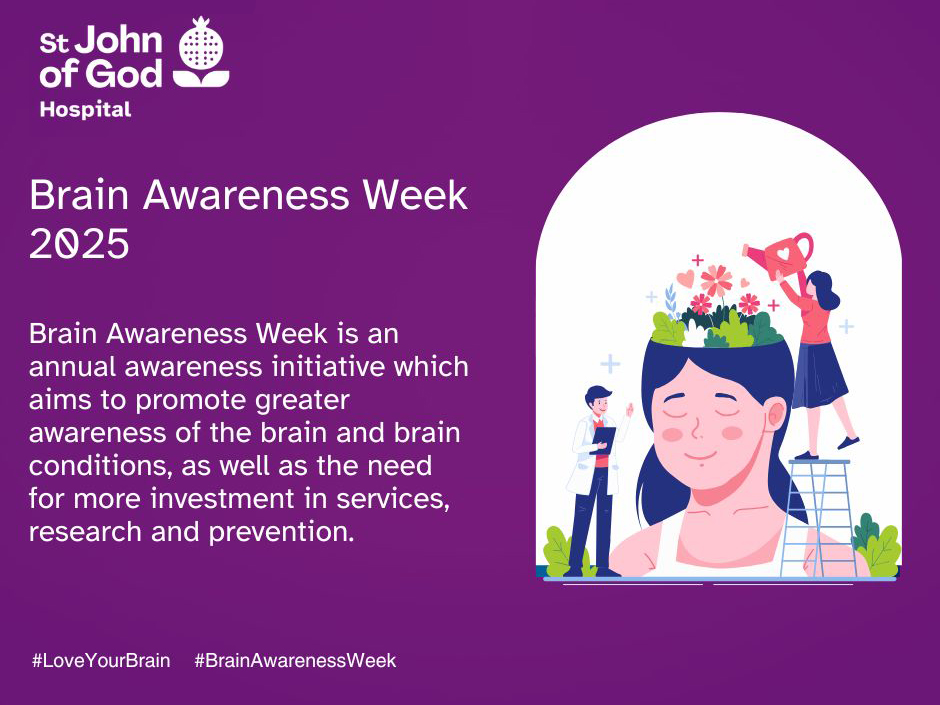Coming into a new year people’s minds often turn to making changes in their lives and turning over a new leaf. People often focus on physical health goals like getting more exercise, losing weight, quitting smoking, getting more sleep, having a better diet and so on. There is clear evidence that having good physical health can have a huge positive impact on a person’s mental health as well. When we feel physically unwell we often struggle with low mood and heightened levels of anxiety, along with other mental health difficulties; mental and physical health are inextricably linked.
So as we start into a new year, it is an opportunity for people to create new goals to form healthier habits and self-care, which will hopefully have a corresponding positive impact on their mental health. Sleep, nutrition and exercise are all things that affect a person’s mental health. Too little sleep, or too much sleep, has been linked to various mental health difficulties including depression and anxiety. Over-eating or restricting food intake can make a person feel vulnerable to mood swings and can affect their ability to think clearly. Exercise has been proven to have a positive impact on mood and reduce anxiety. Therefore, we can all benefit from working on improving our physical health where possible! However, when a person is trying to set goals for themselves it can often feel very overwhelming as they do not know where to start and this can lead to them procrastinating and putting off making changes, which can have a negative impact on their mood, anxiety levels and self-esteem. Therefore, if someone is to actually make positive changes then they will likely benefit from picking one goal to focus on at a time. That way they are less likely to get overwhelmed and a better chance of succeeding with their goal.
Once a person has settled on their goal, for example increasing the level of exercise they do each week, then it helps if they set up structures to make it easier for them to achieve their goal. Often a lot of what people see as goals are wishes, hopes or aspirations and that can make it very hard for them to actually achieve them. Therefore, it sometimes helps if people “smarten” up their goals by applying the principles of SMART. SMART stands for Specific, Measurable, Achievable, Realistic/Relevant and Time Limited.
For example, if I was to name the goal of “I want to run a marathon” and look at it through the lens of SMART I can see that it does not really meet any of those criteria. However, if I was to amend my goal to say “I want to run the Dublin City Marathon in October 2025” this feels more in keeping with the principles of SMART (provided of course that I manage to keep to my training programme and avoid injury!). Using SMART principles has been shown to significantly increase a person’s ability to make goals manageable and changes sustainable in the longer term.
As well as using SMART principles, people often benefit from creating short-term, medium- term and long-term goals, which allow them to build up to big goals, like running a marathon, in a paced way and make it more likely for them to achieve their main goal. Short-term goals generally should take a week to a month to complete, medium-term goals between a month and three months and long-term goals six months to a year. By setting targets like this people will likely find it easier to keep on track with their goals and this allows them to develop healthier habits. Research shows that it takes anywhere from six weeks to six months to embed a new habit so having structured goals can be a great way of changing things and seeing that change last. It all starts with one small change, as they say; from tiny acorns grow mighty oaks.
Dr Amy Watchorn
Senior Clinical Psychologist
Adjunct Assistant Professor, UCD School of Psychology








